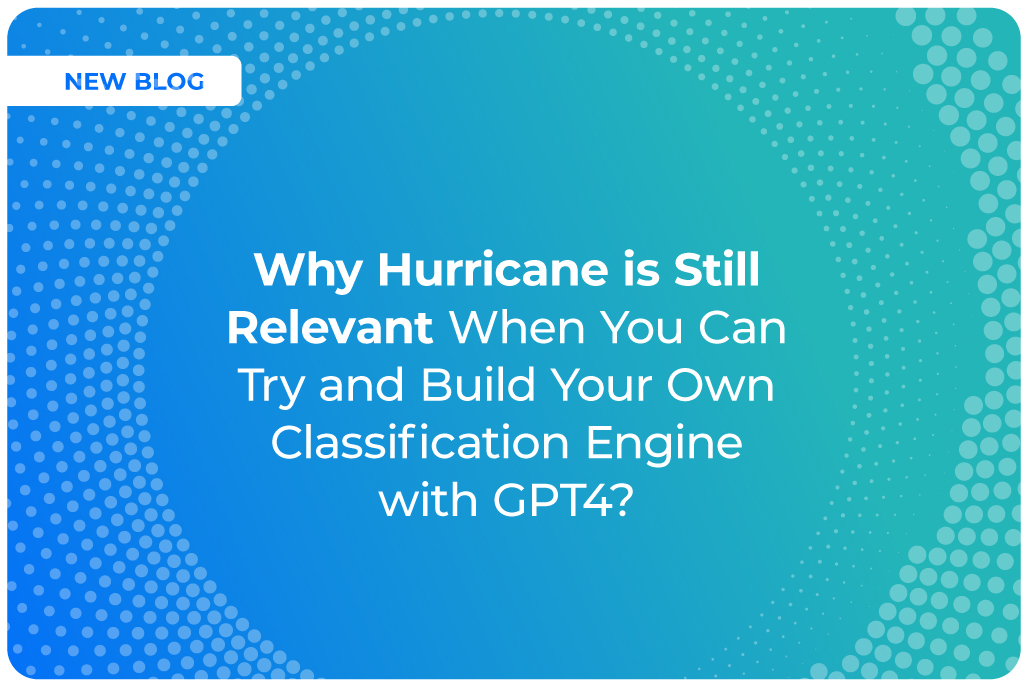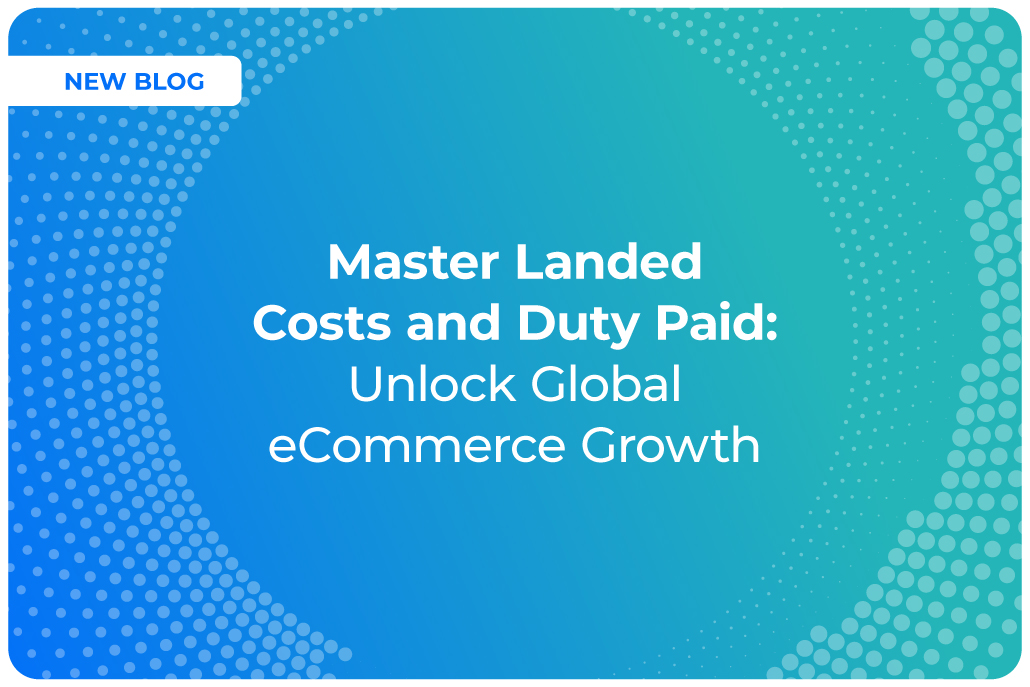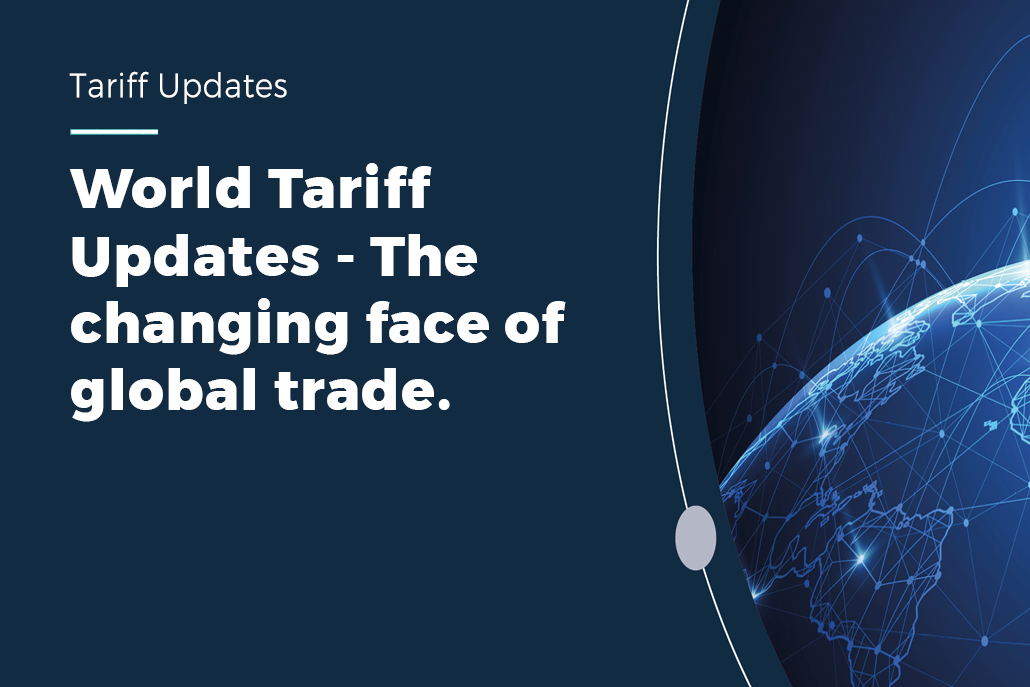Hurricane is busy helping its customers prepare for the next major regulatory change affecting cross-border eCommerce.
In a month’s time, on January 1st 2022, the World Customs Organisation (WCO) will implement Harmonised System 2022.
It will be the 7th edition Harmonised System, bringing sweeping changes to how importers and exporters determine and assign HS codes to many of their products.
Failure to update classification codes by the January 1st deadline will result in shipments being delayed by customs authorities at the border and incur storage fees until corrections are made.
The Harmonised System serves as the international basis for customs tariffs and the compilation of international trade statistics in more than 200 countries around the world.
The new HS 2022 edition introduces over 370 new HS codes and more than 100 deletions, covering a wide range of goods across industries. Among the items affected are e-cigarettes and other vaping products, cameras, drones, lighting and antiques.
This is the first HS update since 2017 so is a significant moment for anyone involved in cross-border eCommerce.
For many retailers and shippers, the data requirements will change in areas including HS codes and duty and VAT rates, as well as having implications for prohibited and restricted goods screening.
One of the biggest impacts will be around the accuracy of the landed cost of a product – the total amount of sale, transport and delivery to the end customer.
HS2022 follows a year of seismic regulatory change affecting cross-border eCommerce.
During 2021, we have seen Brexit, the US STOP Act, the European Union’s abolition of the VAT exemption on low-value goods and the introduction of the Import One-Stop Shop (IOSS).
Customs authorities in the EU and elsewhere around the world are now starting to fully enforce these regulations with tens of thousands of shipments being held up.
The HS2022 changes will have customs clearance implications unless retailers, marketplaces and their logistics partners have ensured their commodity data is complete and accurate.
The regulatory changes are making cross-border eCommerce a tougher business to be involved in, but for those who harness the best possible AI-driven, real-time data solutions the growth potential is huge.
Hurricane’s Aura API covers the three critical cross-border areas of duty and tax calculation, prohibited and restricted goods screening and denied parties screening. In the case of our world-leading denied parties service we access over 120 global lists including the UN, EU and OFAC.
Meanwhile, our Zephyr API is our bulk clearance data enhancement service providing the real-time checking of the match between an HS6 code and / or product description, the identification of invalid descriptions and the provision of the most likely description, HS6 code and import / export codes.
Hurricane is ready to support customers with ensuring their data is aligned with the HS2022 changes, giving them the peace of mind that they are fully compliant and able to focus on their number one objective of growing their cross-border revenues and profits.
Failure to prepare for HS2022 will inevitably cause pain for cross-border traders and, importantly, their customers who will be faced with their shipments being held and delayed by customs authorities, resulting in a poor experience and the likelihood that they will think twice about shopping with the same merchant or marketplace again.
Hurricane in the media:
Post and Parcel – This is a significant moment for cross-border e-commerce













